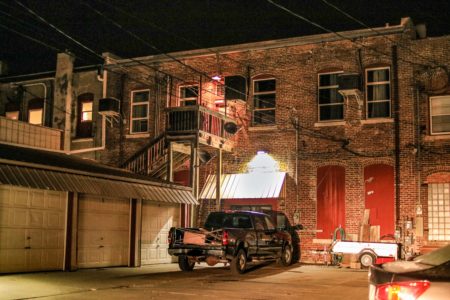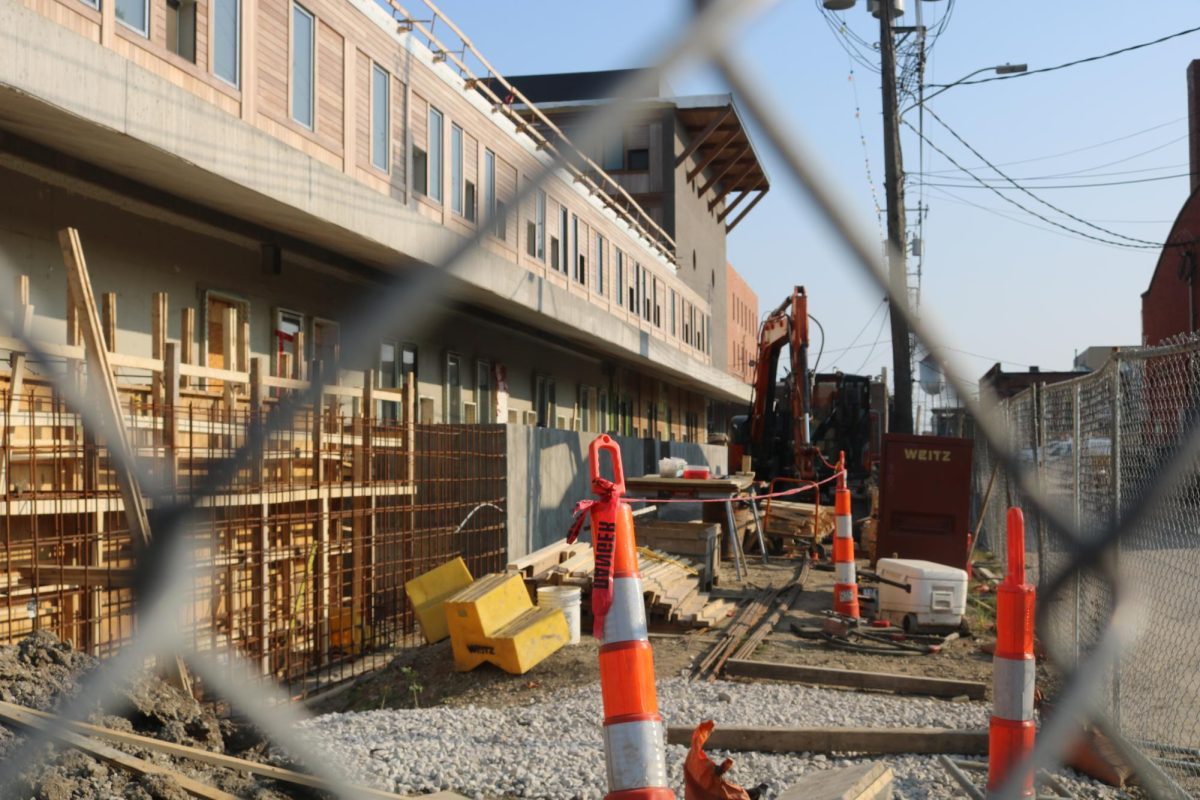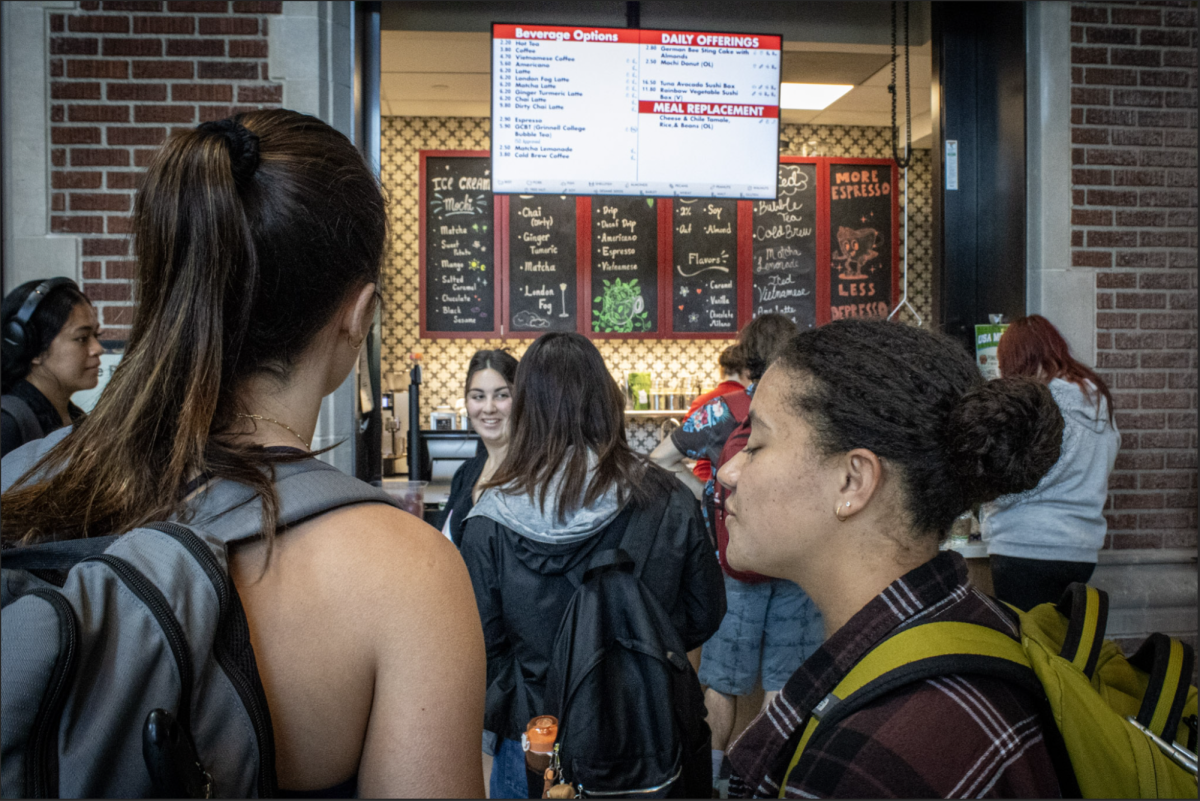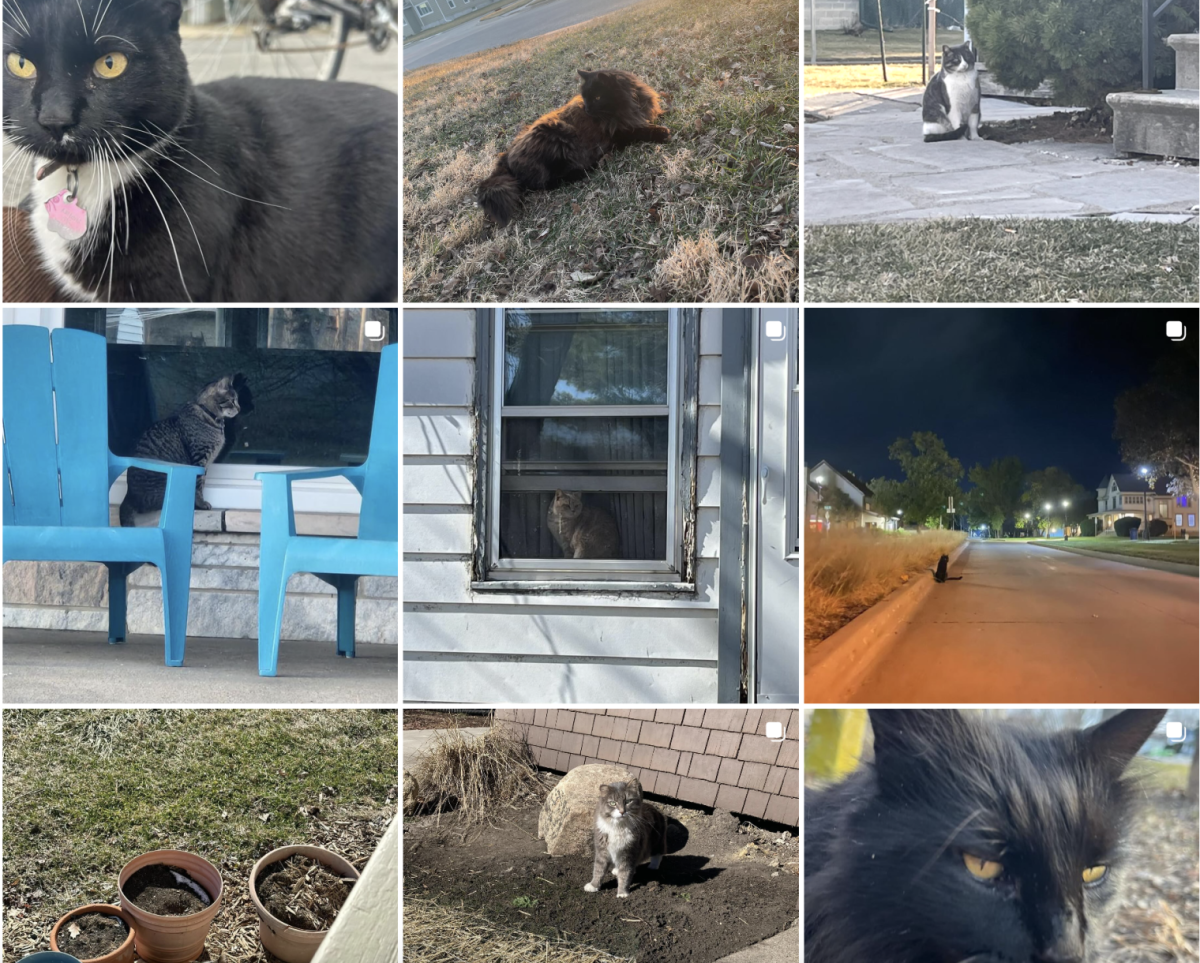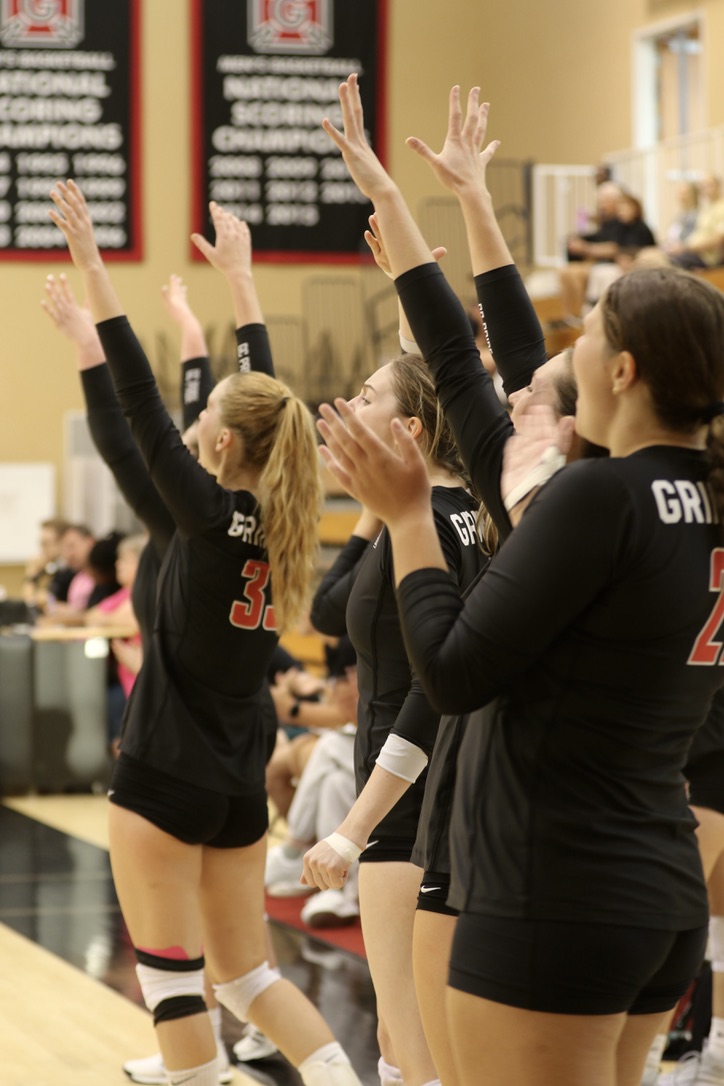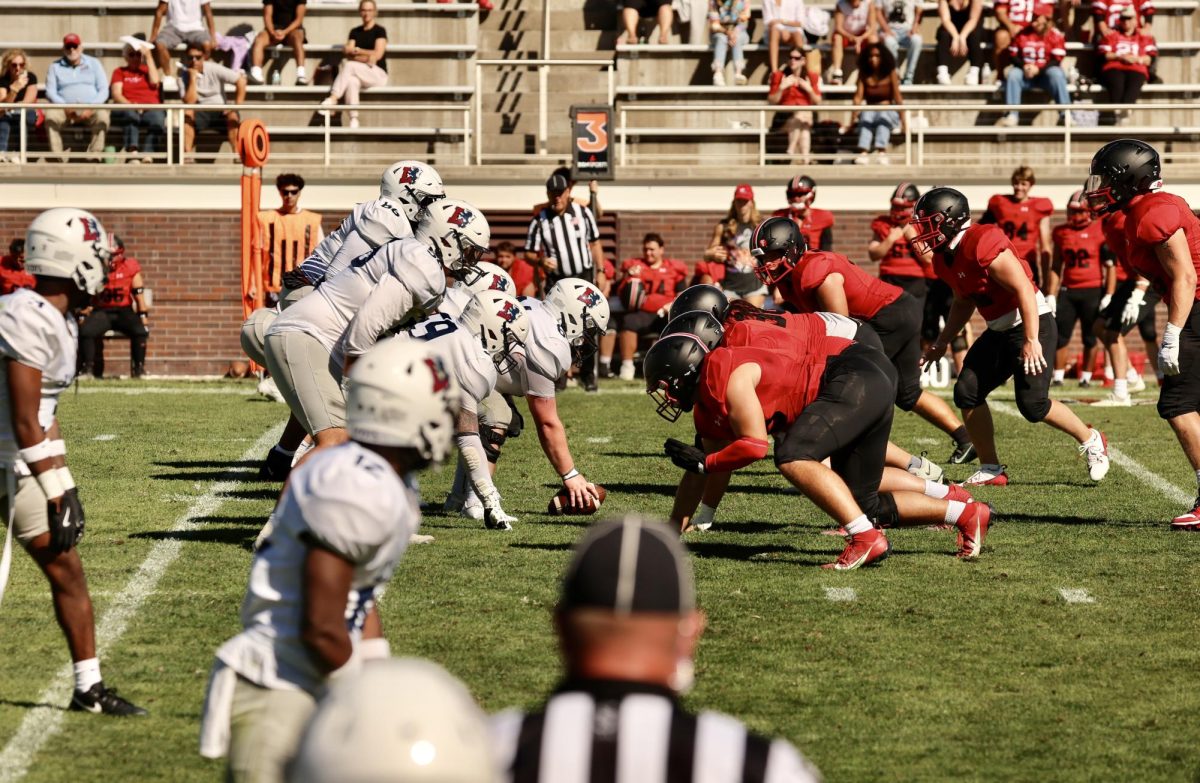Iowa mandates that all communities over 15,000 people must have a rental inspection program. With only 9,000 people, the city of Grinnell has never had a rental inspection program before, even after one was proposed in 2013, but that’s about to change.
Each year, active community members get together and list their goals for the next fiscal year. In 2013, one of the goals was to “set up a minimum set of standards for all rental properties within the city of Grinnell,” according to Tyler Avis, the city’s director of building and planning.
Now, after six months of bimonthly meetings of a task force made up of Grinnell residents with experience in real estate, many are supportive of the rental inspection program and hopeful for its adoption in spring 2019.
The program plans to enforce the minimum standard of living conditions in rentals citywide. Its framework is based off of the rental inspection program in Oskaloosa, Iowa, and the standards were built from the 2015 International Property Maintenance Code to ensure that the program would be effective and fair.
Each rental property owner has to register their property and have their property inspected. The number of violations determines the frequency of the inspections. If the rental units fail the inspection program, the property may have flyers posted announcing a $500 trespassing fine to discourage anyone to enter the site, the residents may be forced to vacate, and the property may be stripped of its occupancy certificate.
According to Avis, there have been 80 to 100 complaints on rentals since 2009. Complaints occur when renters express concerns about the home to the property owner and the property owner fails to adequately fix the problem or does not attempt to address the issue. Advocates of the new system hope it will decrease complaints and aesthetic issues with rentals.
Right now, the city is awaiting feedback before putting the final touches on the program. Most reactions have been positive, and, according to Avis, the few negative responses have been from those who have a history of incurring violations, and who the program would therefore impact most.
In a nutshell, the new program facilitates understanding of what is expected of each party. This includes an agreement on standard living conditions during move in and move out. Renters and prospective inhabitants would also have access to the inspection details of the property and other documentation and regulation agreements.
As of now, there is no definite limit on the number of companion animals allowed in a property, but the number will be defined by the occupancy limitations, which is typically by square footage of the property’s living room and bedroom. In the end, the landlord still decides if companion animals are allowed.
Although the money from inspections is minimal (the initial cost is $50, but if found with less than six violations, then re-inspections will only happen every three years), the department and program will be self-funded.
